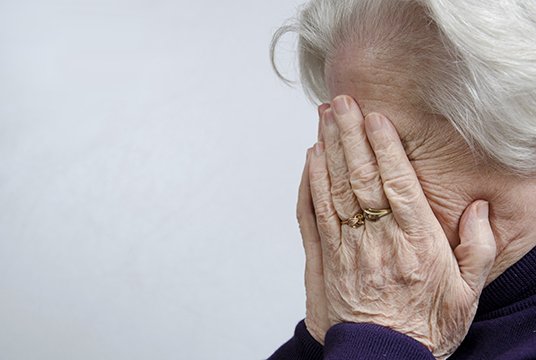
Elder abuse and neglect may be on the rise during the coronavirus pandemic, the National Center on Elder Abuse (NCEA) warns. Many people are stressed and burned out during this time, which can make essential workers – such as nursing home staff – more likely to lash out against elderly residents. Additionally, the government’s social distancing measures exacerbate one of the greatest risk factors for elder abuse – isolation.
COVID-19’s Amplified Threat to Nursing Homes
Nursing home residents face multiple threats during the COVID-19 lockdown. They are particularly vulnerable to the deadly virus and they are exposed to many individuals in a close setting, which could lead to the virus quickly spreading.
In addition, they are vulnerable to abuse and neglect from nursing home staff and even other residents, as abuse generally tends to escalate in times of crisis. The NCEA reports that around 10% of elderly people experience abuse each year in the United States. This risk often increases when elderly people are isolated from their loved ones.
Under normal circumstances, loved ones are able to regularly check on their relatives in nursing homes. However, many nursing homes are prohibiting in-person visits during the pandemic. This makes it harder for loved ones to notice signs of abuse or neglect, such as bruises, dirty bedding, missing items, or their relative’s fear of staff.
How to Talk to Your Elderly Loved One About Abuse
Without the availability of in-person visits, you must rely on other methods of communication like phone calls, video conferencing, and letters to check in on your loved one. Reach out to your loved one in a nursing home as often as possible, and use video call programs like FaceTime to observe how they are doing physically.
It’s also helpful to ask questions over the phone to identify whether your family member might be experiencing abuse, especially if you are unable to visibly observe your loved one. Possible questions include:
- How do you feel?
- What is it like living there right now?
- Do you feel safe?
- Is there anything you’re worried about?
- Do you have everything you need?
- What can I do to help you?
If the nursing home restricts your access to speak with your loved one or staff won’t let you talk with your family member alone, these might be signs of abuse.
What to Do If You Suspect Abuse or Neglect
If you suspect that your elderly loved one is suffering from nursing home abuse or neglect during the coronavirus crisis, it’s critical to get help. You can file an official report on suspected abuse or exploitation through the statewide, 24-hour Adult Protective Services Hotline at 1-866-800-1409 or through the long-term care ombudsman in your area.
It’s also essential to contact an experienced nursing home abuse lawyer, such as the compassionate and knowledgeable attorneys at Salvi, Schostok & Pritchard, P.C. We can investigate your case, help you understand your legal options, and fight for your family’s rights.
We are doing all we can to help people in the midst of this crisis. To schedule a free, no-obligation consultation, contact us today. Our team is available to meet with you virtually.









